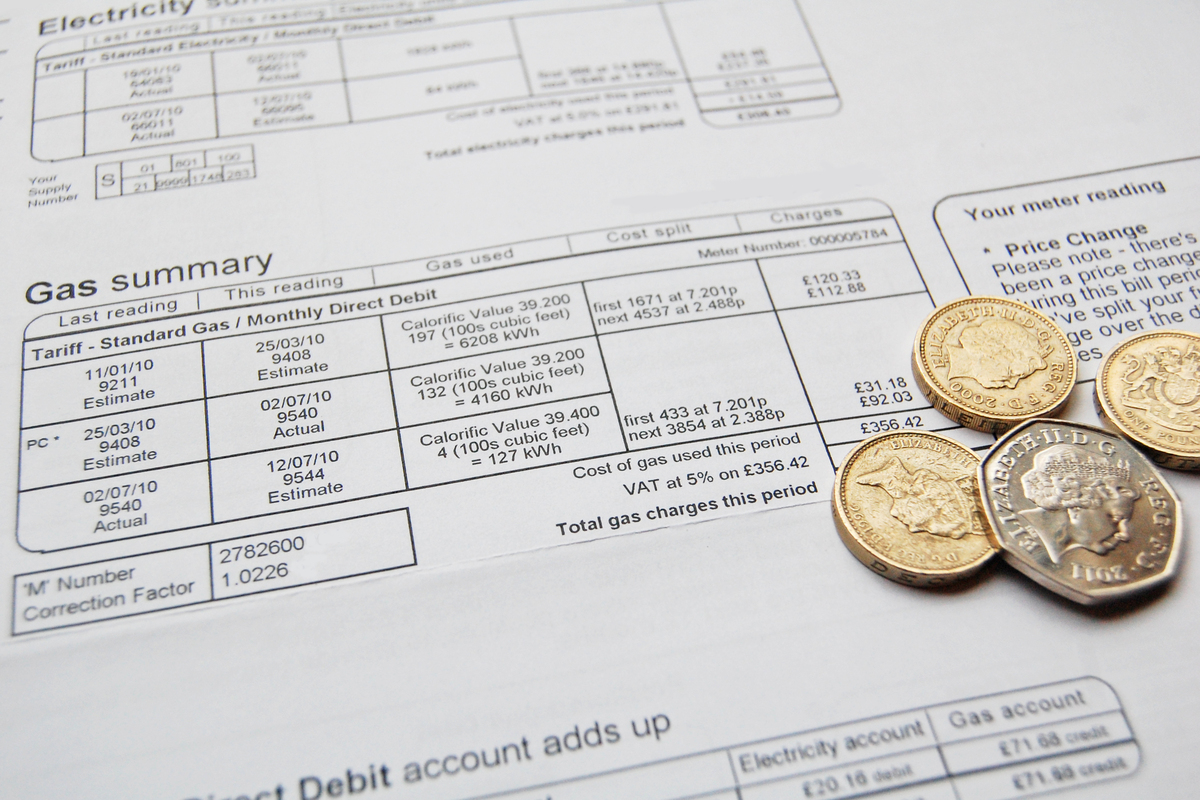Dear visitor,
You're reading 1 of your 3 free news articles this quarter
Register with us for free to get unlimited news, dedicated newsletters, and access to 5 exclusive Premium articles designed to help you stay in the know.
Join the UK's leading credit and lending community in less than 60 seconds.
Price cap to remain above £3,000 a year until 2024
A typical household’s energy bill will be well over £3,000 a year for the next 15 months, according to energy market researcher Cornwall Insight.

Senior Journalist, covering the Credit Strategy and Turnaround, Restructuring & Insolvency News brands.
This will mean the price cap will remain above £3,000 a year until at least 2024, with the average bill in the summer of 2023 sitting at £3,649.
The researchers have also updated the predictions for the final quarter of 2022 and the first quarter of 2023. It’s now forecast to be £3,359 and £3,616 respectively.
It said that, while its predictions for the price cap have continued to rise amid the volatile wholesale market, due to the uncertainty over Russian gas supplies ahead of winter these latest forecasts indicate the potential longevity of high household energy costs.
Reflecting on its prediction for the final quarter of 2022 and the first quarter of 2023, Cornwall Insight’s principal consultant Dr Craig Lowery said it’s not just the level of the price rises that’s of concern, but it’s the duration that makes the new forecasts “so devastating”.
He added: “Furthermore, given the current level of the wholesale price, this level of household energy bills currently shows little sign of abating into 2024.
“While the government has pledged some support for October’s energy rise, our cap forecast has increased by over £500 since the funding was proposed, and the truth is the £400 pledged will only scratch the surface of this problem.
“Our new figures show that even increasing support for October will not make much of a dent in what is likely to be a sustained period of high energy bills. A review of delivering support for the next cap periods should be on the top of the to-do-list for any incoming prime minister.
“As our price cap breakdowns show, tinkering with VAT and policy costs will only make a dent in bills, when it is the high wholesale prices behind the increases.”
Stay up-to-date with the latest articles from the Credit Strategy team
Get the latest industry news






